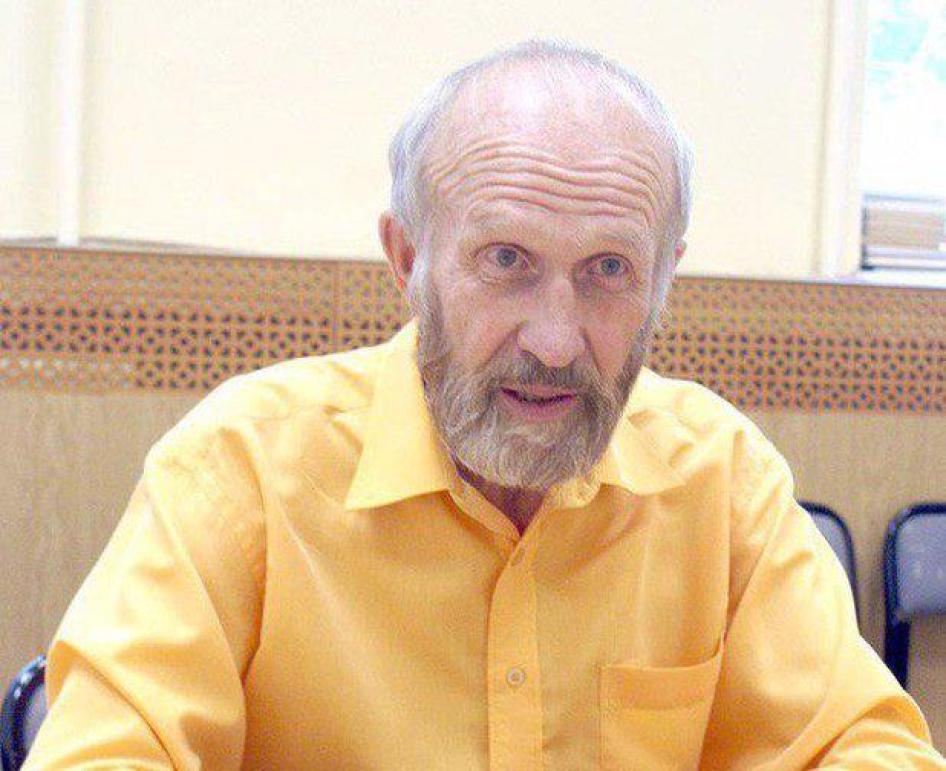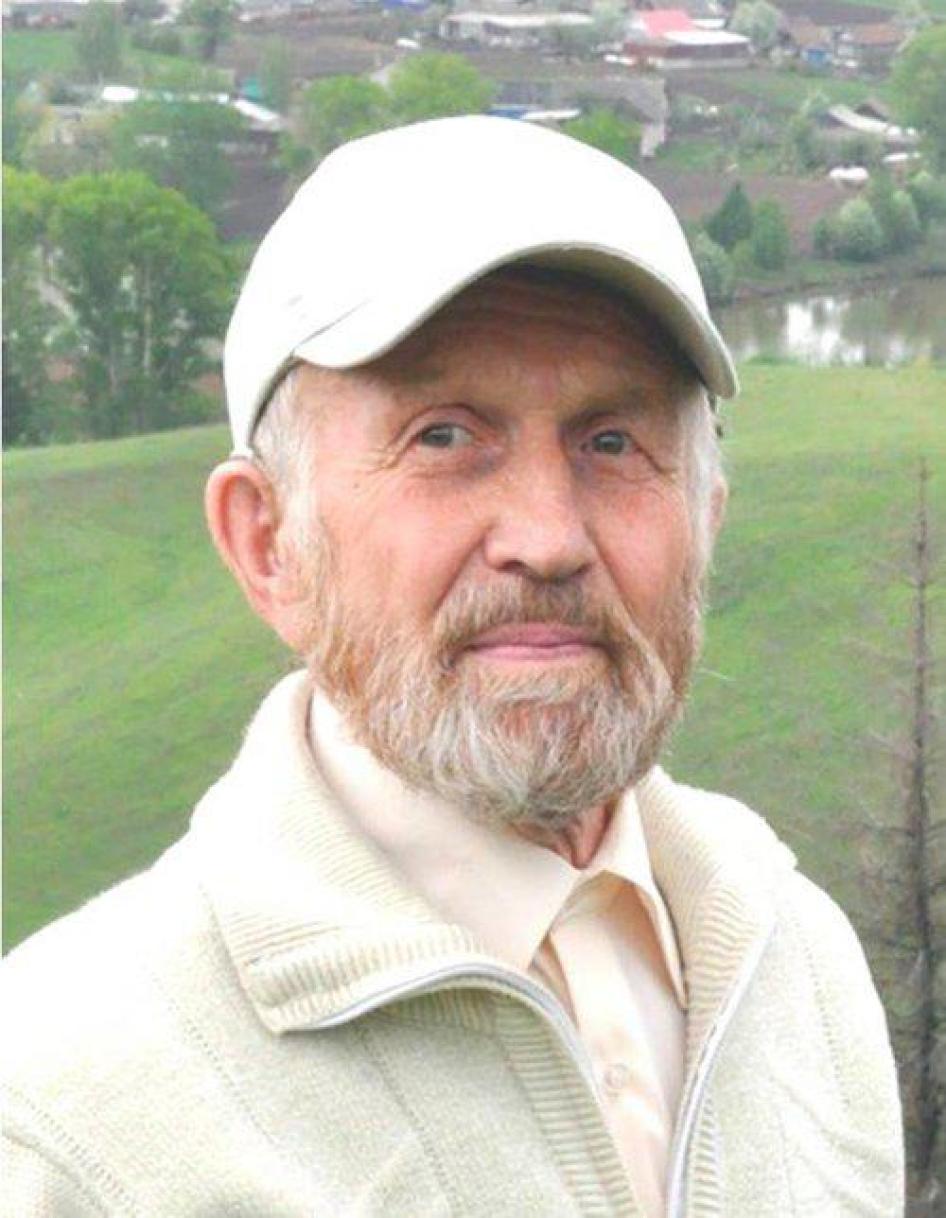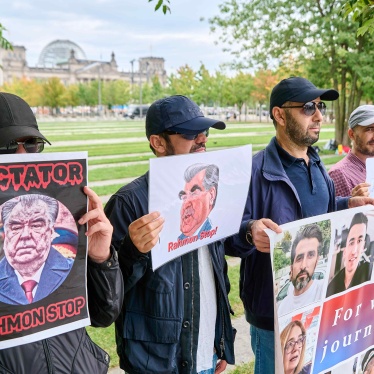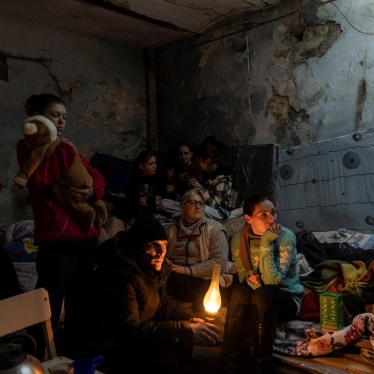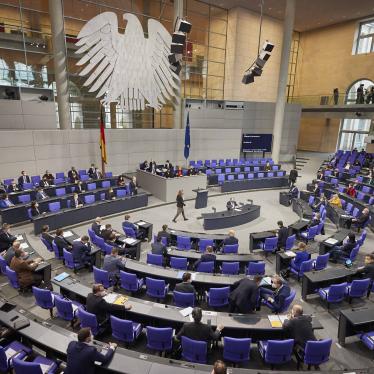On 10 September, a 79-year-old sociologist, Albert Razin, picketed the local parliament in Izhevsk, the capital of western Russia’s Udmurt Republic. Razin held a placard reading “Do I have a motherland?” and a quote from a well-known Soviet Avar poet, Rasul Gamzatov: “If tomorrow my language will be forgotten, I am ready to die today.” Then he set himself on fire. He died in a hospital a few hours later, with burns on over 90% of his body.
For years, Razin, an ethnic Udmurt, had tried to bring attention to what he viewed as the perilous situation for his native language and cultural heritage from changes in Russian laws and policies.
Razin was one of several academics who signed an open letter in June 2018 against a proposed amendment to the national education law, which would end mandatory instruction in native languages for republics and other areas that have two or more official or state languages.
The Russian Parliament adopted the amendments, and President Vladimir Putin signed them into law in August that year. Under the law, if a student in any of these regions designates Russian as their native language, they don’t have to study the other regional language. This means that in Udmurtia, for example, where Udmurt and Russian are the official languages, if students choose to indicate their native language as Russian, they are no longer required to study Udmurt language, and they receive extra tuition in Russian. And all students, irrespective of their native languages, have to complete extensive compulsory study of Russian language and literature and pass the Russian state language exam.
In practice, the law creates disincentives to study minority languages, even in regions where the titular language is supposed to be used on a par with Russian. This arrangement is enshrined in these republics’ constitutions, and the study of both state languages is mandated by local laws. One parliamentary deputy from Tatarstan put it this way during the debate over the amendments: “[Now,] in order to avoid examinations, many even Tatar children can refuse [to study Tatar] and indicate Russian as their native language.”
The 2018 open letter stated that these proposals were a “direct path to the disappearance of native [minority] languages, diminishing ethnic identity and destruction of cultures.” The academics also said that the law was consistent with other negative trends in state policies on minorities and a renaissance of an imperial mentality in Russia.
Russian authorities insist that “the law is not aimed at destroying linguistic diversity, but to the contrary, allows people to study their native languages and protects their rights.”
But in fact, this law adds to a worrying picture of gradually diminishing linguistic diversity in Russia. It’s been a death by a thousand cuts.
UNESCO, in its 2010 Atlas of the World’s Languages in Danger, found that more than 130 languages were endangered in Russia. In the case of at least 100 of these languages, children no longer learned them at home or only older generations could speak them, putting them well on the path of extinction. At least 14 languages have become extinct in Russia since the 1950s, practically all of them indigenous languages.
And a comparison of data from Russia’s national census carried out in 2002 and 2010 suggests a decline in the number of people who identify themselves as speakers of almost all minority languages.
Russia has been criticized for this trend. In 2018, even before the law was introduced, the Council of Europe Advisory Committee on the Framework Convention for the Protection of National Minorities observed that “over the past years a strong emphasis has been put on the Russian language and culture while minority languages and cultures appear to be marginalized” and moreover, “[d]iversity of ethnicities or languages… tends to be perceived as a possible source of conflict.”
The Council of Europe committee expressed concerns over the “increasing dominance of the Russian language in different settings” and a “lack of effective support for minority languages,” with the role of the second [non-Russian] official language “diminishing even in the republics, including in those where the titular ethnic group is in the majority.”
The committee warned that “lack of support for linguistic diversity inevitably leads to a situation where there are few incentives for parents to choose minority language education for their children.”
Guidance issued by the United Nations special rapporteur on minority issues reminds governments that the “loss of linguistic diversity is a loss for humanity’s heritage” and that countries “should not just favor one official language… but value and take positive steps to promote, maintain and develop, wherever possible, essential elements of identity such as minority languages.”
But in Russia, these words are falling on deaf ears. Nor should the irony of this situation be lost, given that the Russian government has spared no efforts to express concern about the language rights of Russian speakers in the Baltic countries and Ukraine. At home, the Russian government seems to play by different rules.
Instead, the Russian government should address the deep-rooted problems facing ethnic and linguistic minorities in Russia. It should reassess its language policies, with a view to eliminating direct or indirect discrimination and reverse policies that are sweeping away linguistic diversity.

